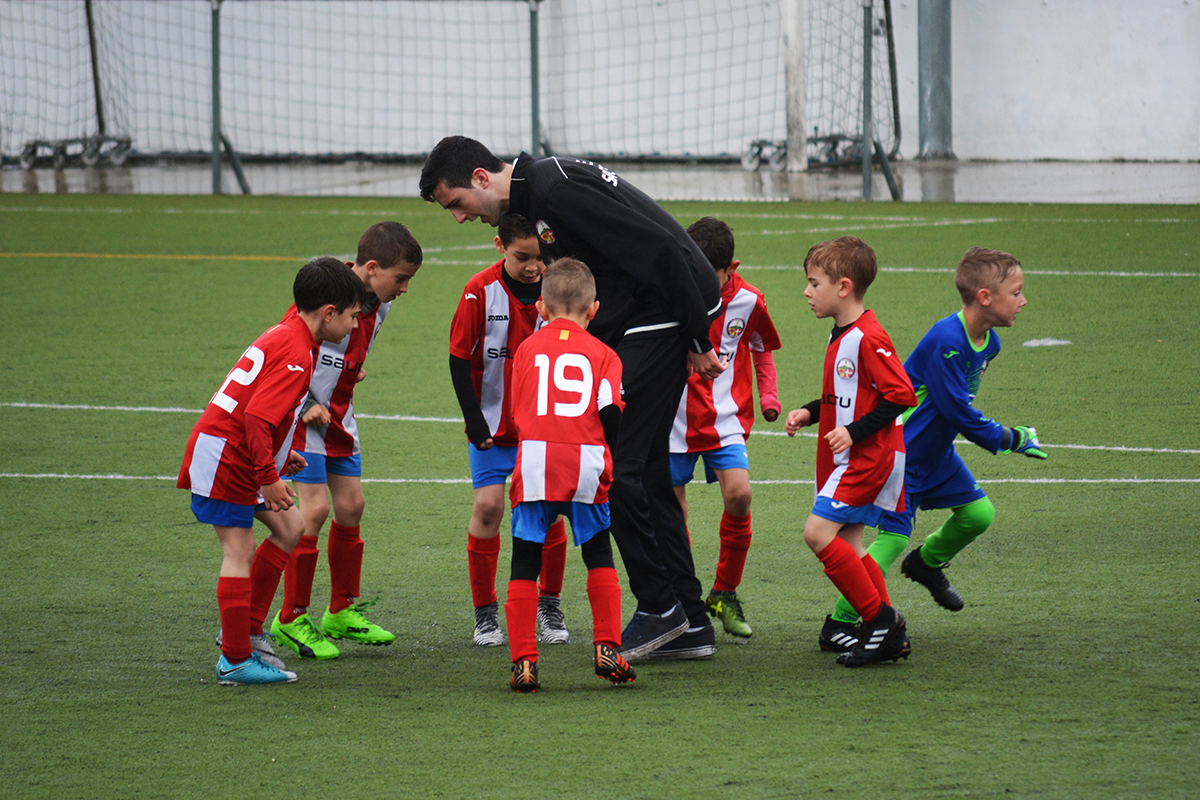Emotions of Young Athletes When Receiving Evaluations from Coaches

The world of sports is a rollercoaster of emotions, especially for young athletes. The anticipation of try-outs, the thrill of victory, the disappointment of defeat, and the pressure of performance can all stir up a whirlwind of feelings. One significant aspect that can significantly impact an athlete’s emotional state is the evaluation they receive from their coaches. These evaluations, often presented at the end of an event or season, are intended to motivate athletes to continue improving by reinforcing positive performances and discussing areas for improvement.
The process of receiving feedback can be nerve-wracking for young athletes. They may feel anxious about how they have performed and what their coaches think of their abilities. This anxiety can be heightened if the coach adopts a negative interaction style, such as removing a player from a game after a mistake without explanation. Such actions can lead to feelings of confusion, frustration, and self-doubt in the athlete, potentially impacting their future performance.
Evaluations Can Bring Positive Emotions
However, when handled correctly, these evaluations can also bring about positive emotions. Athletes who receive constructive feedback may feel a sense of accomplishment and validation. They might feel proud of their progress, excited about their potential, and motivated to continue improving. This can boost their confidence, enhance their performance, and foster a more positive attitude towards the sport.
Yet, it’s important to note that the emotional response to evaluations can vary greatly among athletes. Some may react positively to constructive criticism, viewing it as an opportunity for growth. Others may struggle with negative feedback, interpreting it as a personal failure. This can lead to feelings of sadness, which can affect their sleep patterns, energy levels, and overall performance.
In conclusion, professional evaluations are a powerful tool in the quest for that elusive 1% improvement. They offer a structured, systematic approach to athlete development, fostering personal growth, enhancing performance, and ultimately, turning good athletes into great ones.
Coaches Play a Crucial Role in Emotional Responses
Coaches play a crucial role in managing these emotional responses. By adopting effective intervention strategies, they can help alter athletes’ affective responses to evaluations. For instance, they can ensure that feedback is delivered in a supportive and respectful manner, focusing on the athlete’s strengths while gently addressing areas for improvement. This can help reduce feelings of anxiety and fear of failure among athletes.
Moreover, coaches can help athletes develop adaptive emotion regulation strategies. For instance, they can encourage athletes to view nervousness as a normal part of competition and to use it as a source of energy to focus on their goals. They can also help athletes reframe negative thoughts, such as fears of embarrassment or failure, into more positive and constructive ones.
However, it’s important to remember that the impact of evaluations on an athlete’s emotions isn’t solely determined by the coach’s approach. Factors such as the athlete’s individual personality traits, their previous experiences with feedback, and their overall mental health can also play a significant role. Therefore, a comprehensive understanding of each athlete’s unique emotional landscape is crucial for effective coaching.
In conclusion, evaluations can elicit a wide range of emotions in young athletes, from anxiety and sadness to pride and motivation. Coaches have a critical role in managing these emotions, helping athletes navigate the ups and downs of sports performance. By fostering a supportive environment and promoting adaptive emotion regulation strategies, they can help athletes turn evaluations into opportunities for growth and self-improvement.
Citations :
- https://www.apadivisions.org/division-47/publications/sportpsych-works/emotion-management.pdf
- https://www.ncbi.nlm.nih.gov/pmc/articles/PMC3939992/
- https://kids.frontiersin.org/articles/10.3389/frym.2022.691706#:~:text=Playing%20sports%20can%20be%20filled,emotions%20and%20cope%20with%20stress.
- https://files.eric.ed.gov/fulltext/EJ1280865.pdf
- https://www.psychologytoday.com/us/blog/the-whole-athlete/202202/how-coachs-attitude-can-affect-athletes-mentality#:~:text=Oftentimes%2C%20a%20coach%20will%20negatively,so%20throughout%20the%20game%20thereafter.
- https://www.frontiersin.org/articles/10.3389/fpsyg.2021.751990
- https://kids.frontiersin.org/articles/10.3389/frym.2022.691706#:~:text=An%20athlete%20who%20feels%20sad,which%20could%20impact%20sport%20performance.
- https://www.sciencedirect.com/science/article/abs/pii/S1469029221000315
- https://www.forbes.com/sites/forbesbusinesscouncil/2023/01/09/how-coaches-can-create-a-welcoming-environment-for-youth-sports-participation/#:~:text=Youth%20sports%20coaches%20have%20a,and%20an%20appreciation%20for%20sportsmanship.
- https://www.ncbi.nlm.nih.gov/pmc/articles/PMC10374325/
- https://coachad.com/articles/how-to-give-an-impactful-athlete-evaluation/#:~:text=Often%20at%20the%20end%20of,and%20discussing%20areas%20of%20improvement.
PlayerEvals.com is an online platform that allows coaches to easily create, fill out, and send evaluations to athletes and their parents.
Subscribe for email updates:
